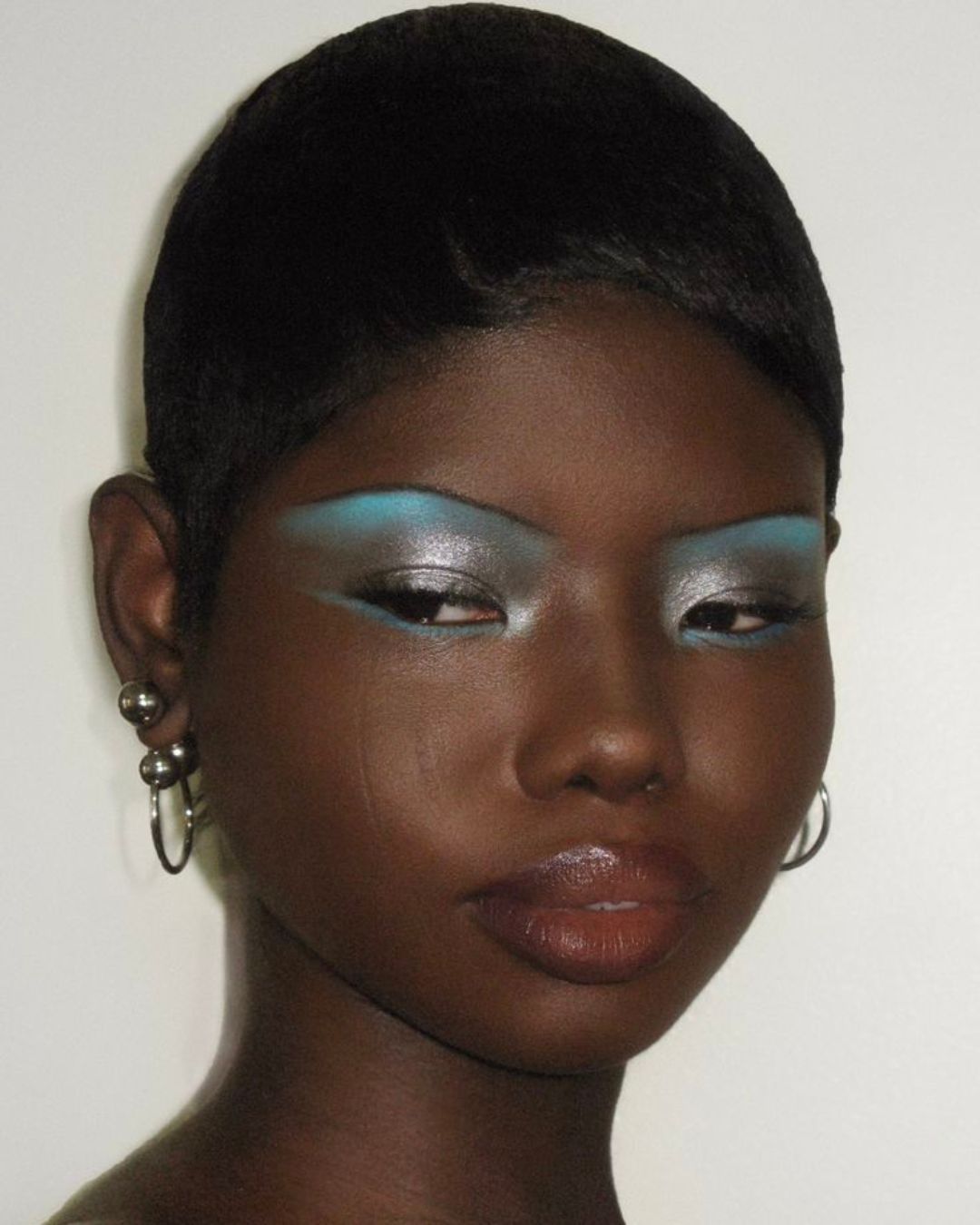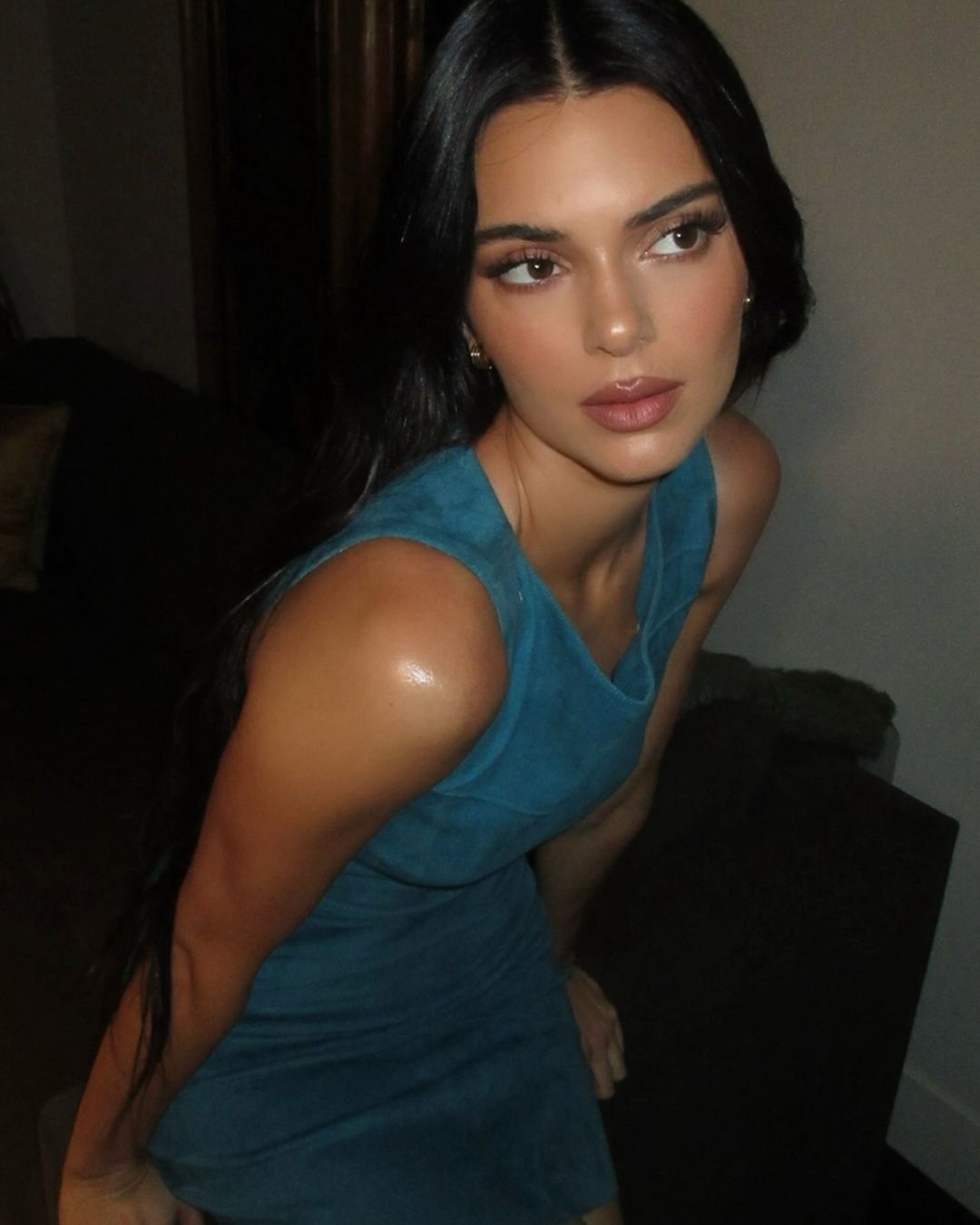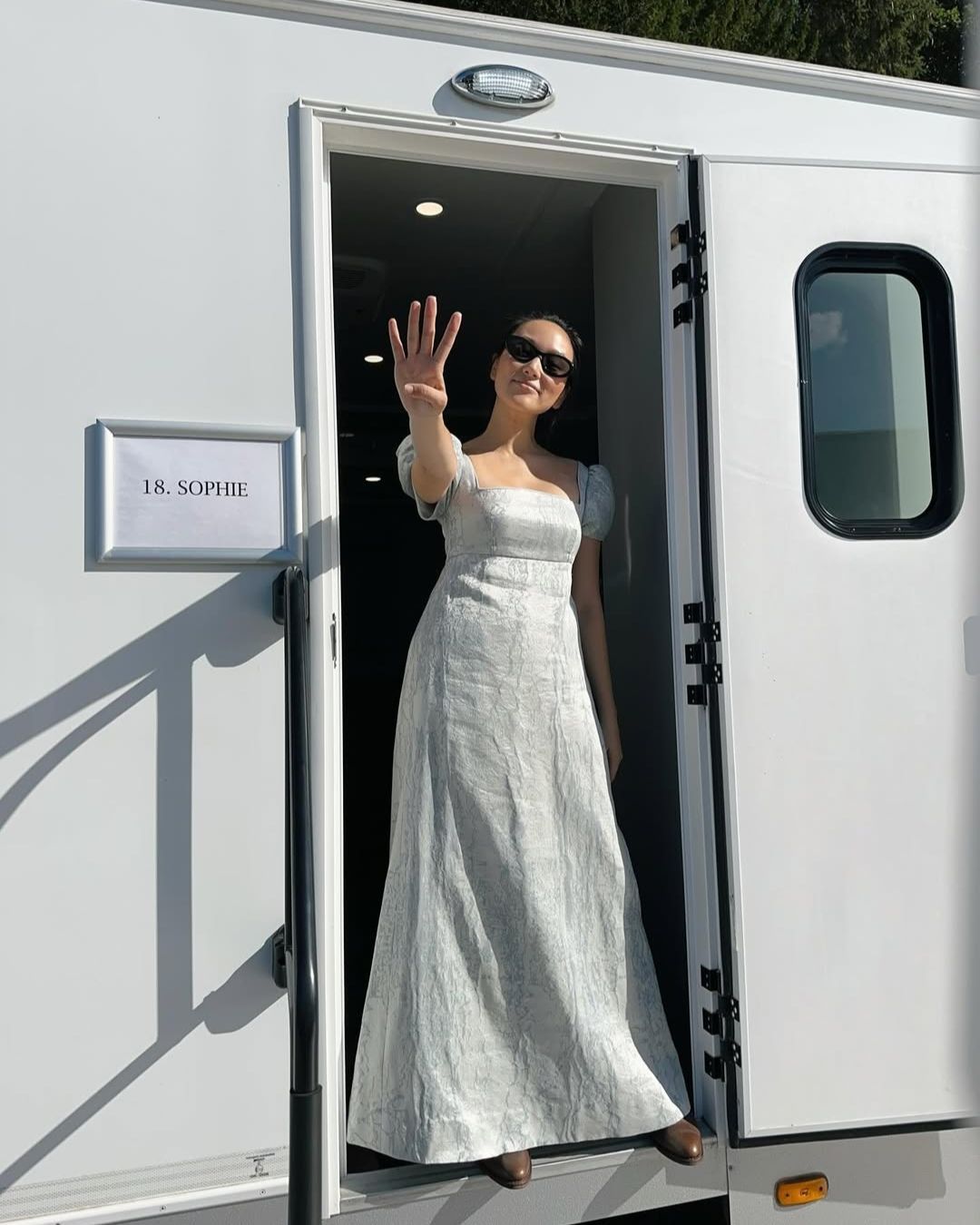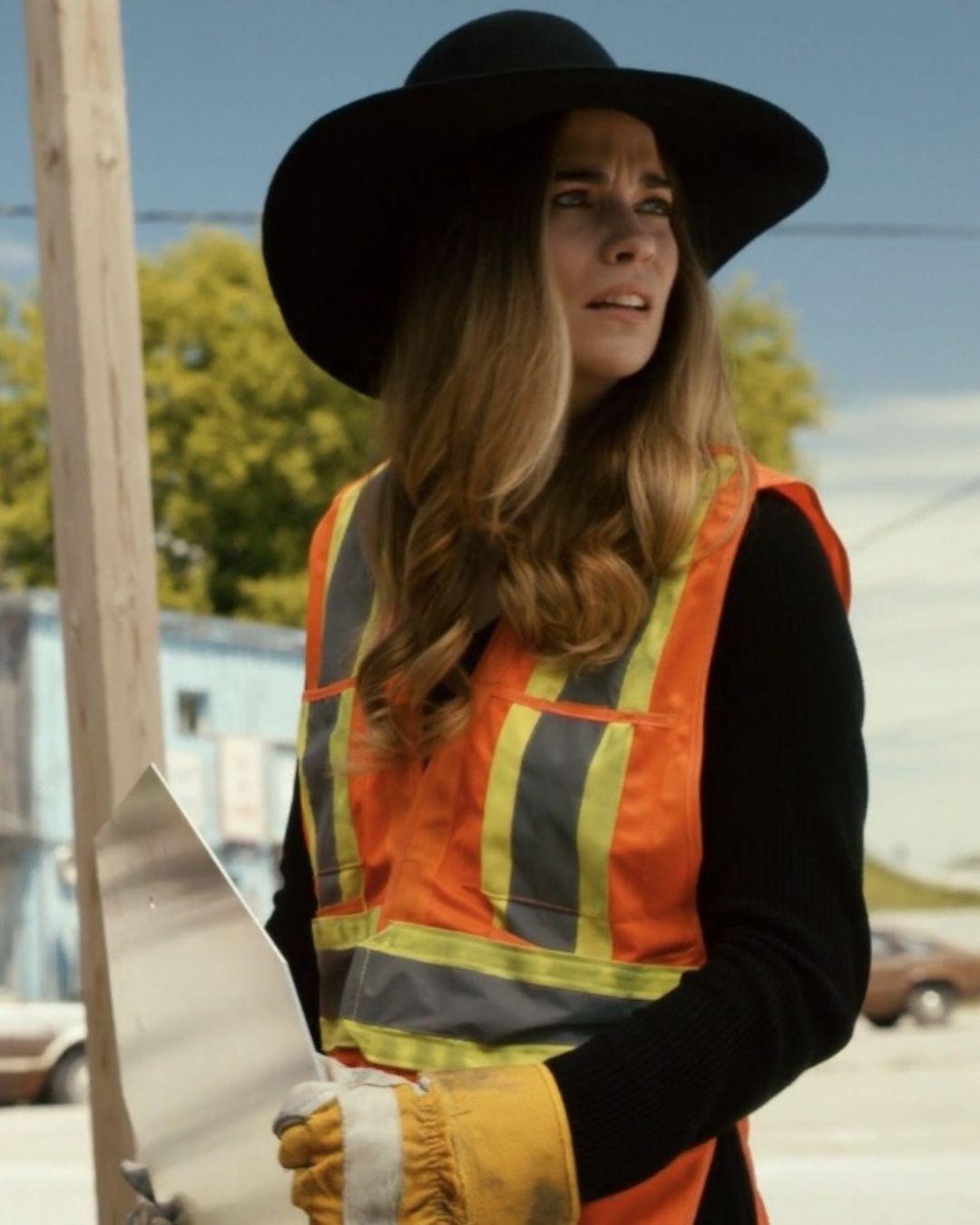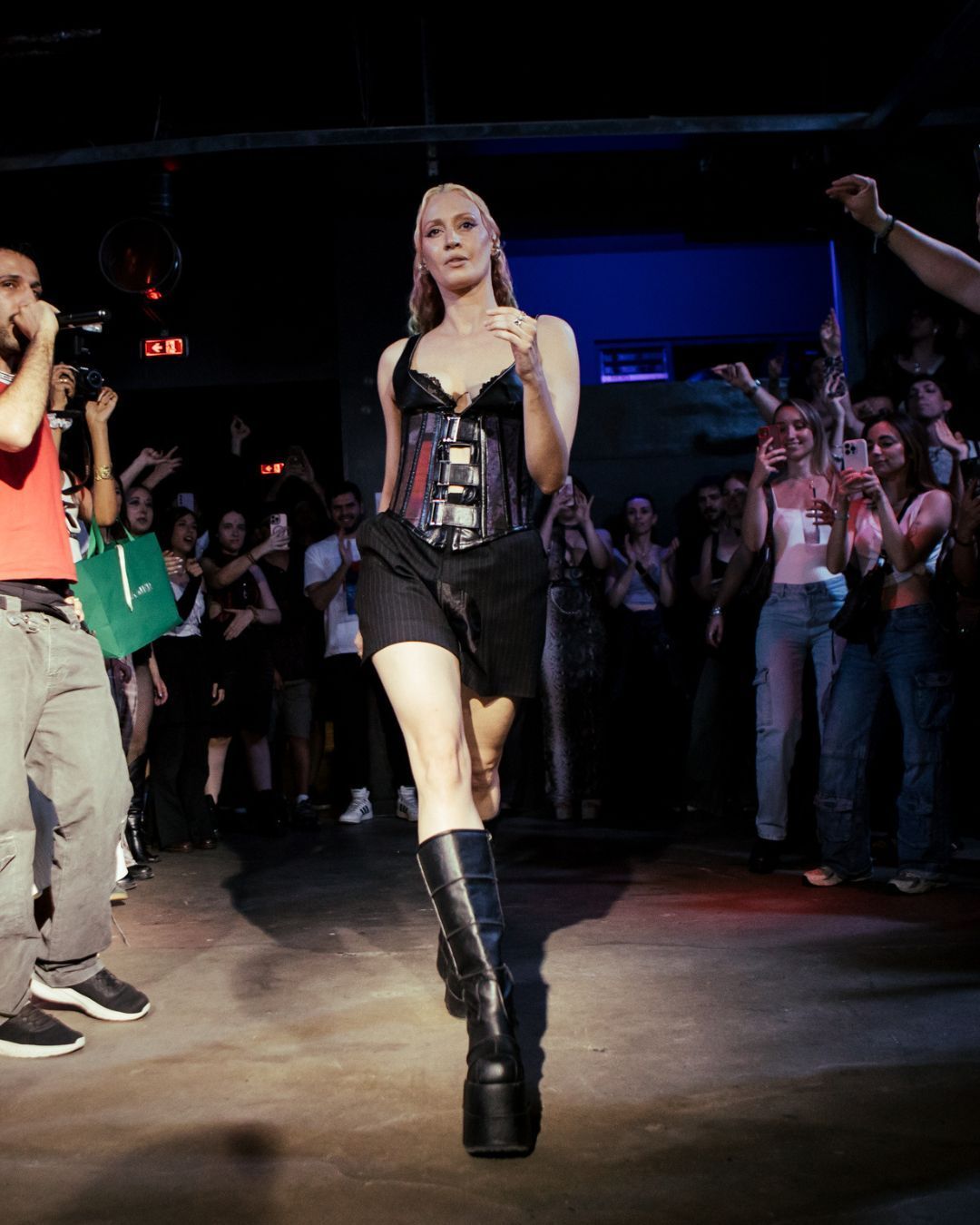
Dating apps no longer work? They change and renew, but perhaps we no longer want to use them
How much do we love talking about love? Dating trends, the lexicon that accompanies them, famous couples, and gossip about betrayals and affairs, how did we meet the person we share our life with, what happened before we realized it was them? Why do we leave those we leave, why do we get left? The ways of living in a couple - which can be closed, open, or crowded, and the much-discussed polyamory, brought into the mainstream thanks to lifestyle and society magazines - multiply before our eyes, along with our needs as complicated beings living in complicated times. It's normal. We change, our approaches to relationships and the outside world change, our ways of talking about them change. Behind us are dating apps, chasing us, born to meet all our needs, even those we hadn't realized we had.
The most used dating apps
In the beginning, there was Tinder, the first dating app to take hold and become common. A whole little vocabulary depends on it: there are Tinder dates, the act of swiping (thus choosing or rejecting someone), and so on. The Tinder bio is now a literary genre, an anthropological study, between a promise of a good carbonara and one of going climbing together. Then there are Bumble and Hinge, relatively new arrivals in Italy. For non-heterosexual relationships, the most used ones are Grindr and Zoe, HER and Wapa. For celebrities and the wealthy, there's Raya, which must be paid for monthly and requires extreme confidentiality, under penalty of lifetime ban. Each of these apps has its own language and methods. However, at their core, it's mostly an aesthetic choice: we see the photos, and there's little space for self-presentation, characters are limited. If there's a match of tastes and intentions, then it's done. Only after this series of steps can we have a chat or extend an invitation if that's what interests us. Otherwise, we move on.
Meeting online is normal, but not everyone benefits
By now, meeting online is no longer a reason for shame or social stigma, quite the opposite. Many people find love on dating apps. According to a study by the Pew Research Center, a whopping 53% of people under 30 use or have used a dating app. The figure decreases with age: it's 37% for those aged 30 to 49, 20% for those aged 50 to 64, and 13% for those 65 and older. Are these people happy? 53% say yes, while 47% have had negative experiences. However, something isn't right. Despite the great help provided by dating apps to the love industry internationally, things are not going well in Italy. According to Eurispes, in the country there are more single people living alone (33%) than couples with children (31%). These singles aren't single by choice, in fact: 62.9% of them say they're not happy with their situation. And there's no sign of a trend reversal. According to estimates, by 2040 singles will have risen to 39%. Yet the desire to meet someone and build a family is there: according to ISTAT, civil unions (32%) and marriages (5%) are increasing. So, what's the solution?
@marshanadahlia So @josephrhinehart1 asked me to tell the story of how I met my husband on @bumble so here it is. Any questions, leave them below
New dating apps
How to fill this gap? How to cover what, the numbers say, seems to be a lack? Dating apps are not satisfied with helping someone find love; they want to do it for everyone, even for those who don't base their decisions solely on looks, for those who want to have a drink or coffee with someone and see what happens. Like in The Verifiers, the debut novel by Jane Pek, they refine themselves, develop new technologies, rely on algorithms and artificial intelligence. An example? A newcomer app called PhaseApp, which has devised a new system that creates connections not based on photos but on affinity. For those looking for a meeting of hearts, an intellectual connection. How does it work? Every time two users come into contact, they must answer a series of questions, from the most generic to the most specific, even in the field of sexuality. The next question is unlocked only after both have answered, and the game continues only if both desire it. Is that enough?
And if we didn't want to use them anymore? Coaching
We must consider the possibility that dating apps aren't enough anymore, even if they are new and sophisticated, based on cutting-edge affinity measurement systems. Surely, they're not for everyone. What's left? Meeting in person, going to a bar, cinema, museum, talking to strangers. Especially after the pandemic, all these things can be scary, especially for women, who are forced to navigate an increasingly misogynistic, frightened, and angry world. That's why a new trend of women determined to meet people in real life is emerging, countering the misogynistic aberrations of pick-up artists and academies that teach young men how to pick up women as objects. These are female dating coaches. But are we really sure we need these people (and these apps) to go home with someone? Perhaps our friends in love are right: forcing it serves no purpose, just stay open to new things and suggestions. And what happens, happens, online or at the bar.




















